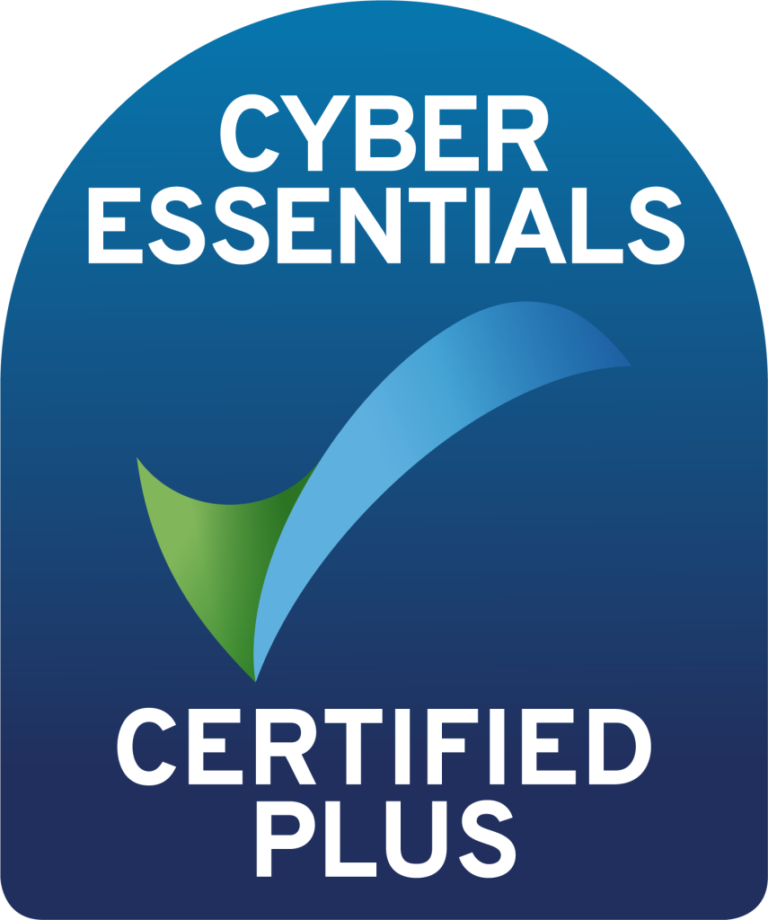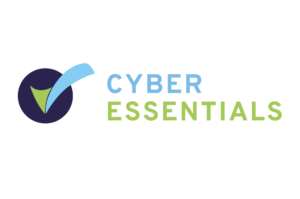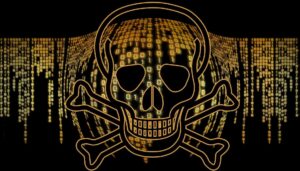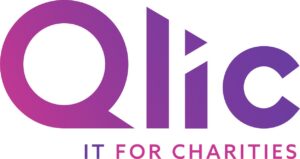Cyber Essentials
What is Cyber Essentials?
The Cyber Essentials scheme is based on the ’10 Steps to Cyber Security’ which was launched by the government in 2012. Within this the government urged companies to take ownership of their cyber risks and ensure a minimum level of cyber security. Despite this many companies continued to leave themselves open to attacks.
Following a call for a standard to be introduced for organisational cyber security the Cyber Essentials scheme was formalised in November 2013.
The Cyber Essentials scheme identifies the security controls that a company should have in place to mitigate the risk from cyber threats.

Trust Us to Deliver
We needed Cyber Essentials Plus certification and had a specific deadline due to a contract. Our account manager at Qlic was extremely helpful, he worked with us and with everyone involved to get the assessment booked in very quickly. For the certification they guided us through the process, and we passed Cyber Essentials and Cyber Essentials Plus very quickly, and with no issues.
Abigail Orr
Peaceful Change







Cyber Essentials Plus Certified
At Qlic, we’re Cyber Essentials Plus certified and among the top 3 Microsoft Providers for not-for-profits in the UK. Our team is highly experienced in guiding charities through the accreditation process.
We prioritise Cyber Essentials for charities on all our projects, ensuring verification and giving your charity peace of mind that best practice security measures are in place.



Cyber Essentials Certification
With the growing number of cyber threats and malware, all organisations should be focusing on their cyber security. The controls and mitigation strategies that are incorporated within the certification are applicable to all organisations, of all sizes and in all sectors. The Cyber Essentials certification can be a great selling point for an organisation to demonstrate to their customers that they take cyber security seriously. Something that is becoming more important to customers with so many large scale cyber attacks occuring.
The Cyber Essentials Scheme focuses on five main strategies within the 10 Steps to Cyber Security guide:
- Boundary Firewalls and Internet Gateways
- Secure Configuration
- Access Control
- Malware Protection
- Patch Management
Download Our Cyber Security for Charities Brochure
Find out more about our Cyber Security Support, download our free brochure!
Cyber Essentials FAQs
Do charities need cyber essentials?
An ideal starting point for improving your cyber security is with Cyber Essentials. Cyber Essentials stands as an effective, government-supported cyber security programme, focused on live fundamental controls. When applied accurately, these controls serve to sheild your charity from prevalent cyber threats.
Why is cyber security important for charities?
More and more charities are relying on IT technology for their needs. As the use of IT grows in the charity sector, so does the threat of malicious cyber activity. Cybersecurity makes sure your charity’s data is safe from attacks both internally and externally. A cyber attack such as losing access to your IT, data attacks and breaches or even having your hard earned funds stolen have a profound negative impact on daily management of charities, finances and reputation.
What are the cyber threats to charities?
The most common type of breach or attack experienced by charities is phishing, reported by 83% of charities. This is followed, to a much lesser extent, by others impersonating organisations in email or online (37% of charities), and then viruses or other malware (14% of charities).
Read our Cyber Essentials insights



